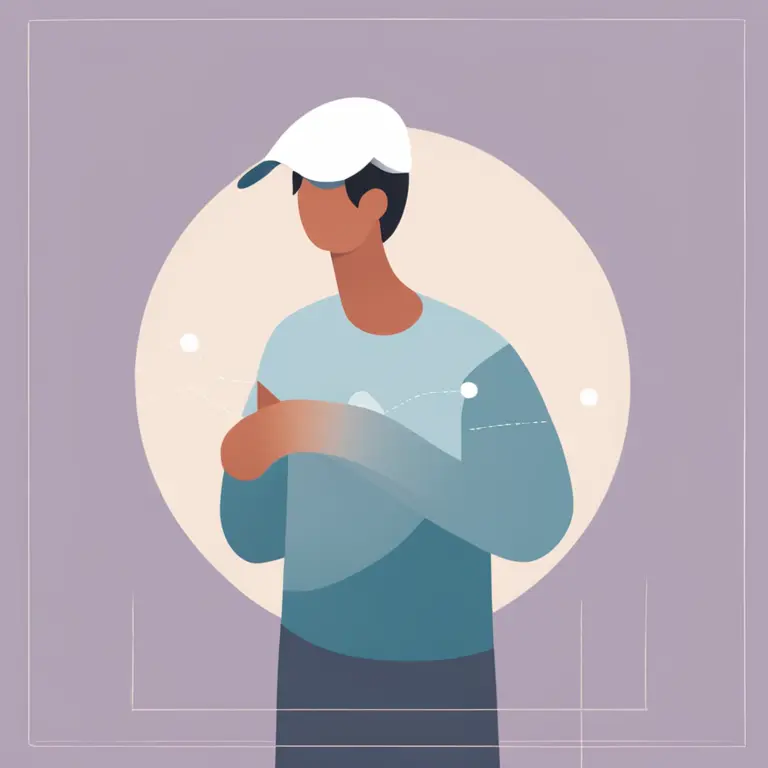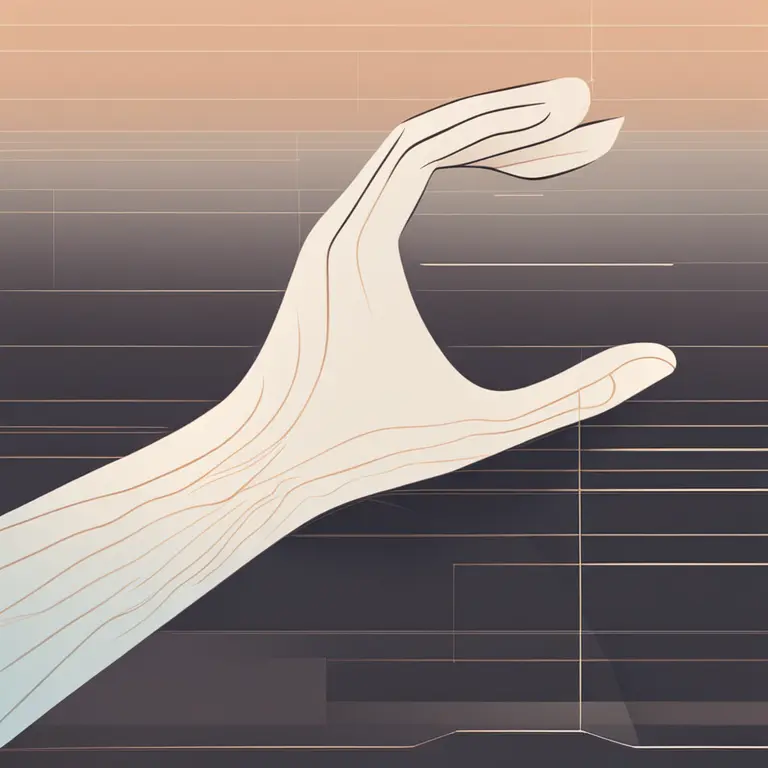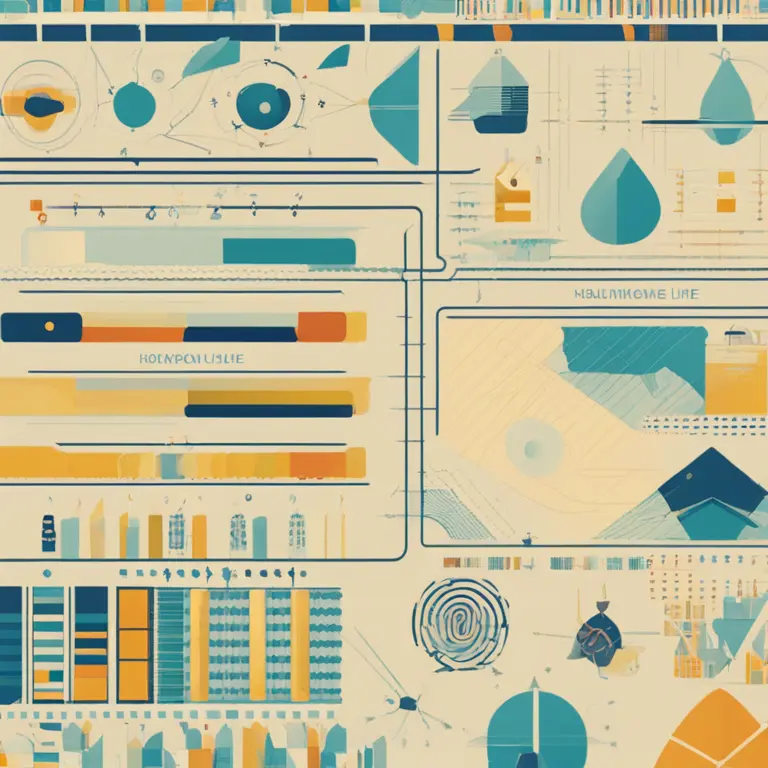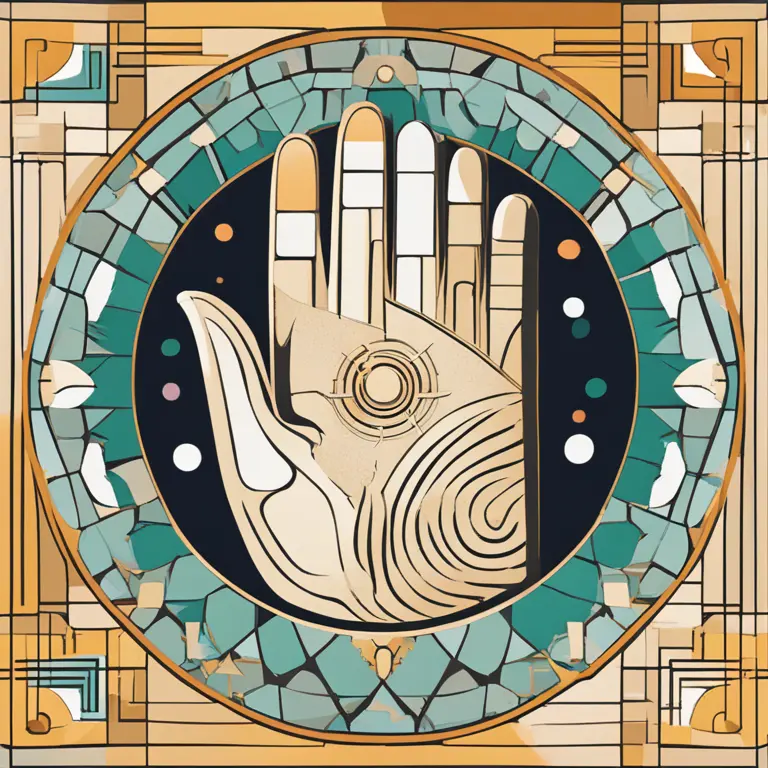
Palmistry Insights: Health Lines & Warnings
Delve into the fascinating world of palmistry to uncover the potential health indications hidden within the lines of your palm.
article by Nora Pennington
The Health Line: A Palmistry Perspective
When it comes to palmistry, each line on your palm is said to tell a different story. The health line, although not present in every hand, is a significant indicator of an individual's well-being according to palmistry practitioners. This line typically starts on the perimeter of the palm and arcs downward towards the wrist, hinting at one's vitality and physical health. The clarity, length, and presence of breaks on this line are interpreted as signs of various health conditions or susceptibilities. In the modern practice of palmistry, examiners are cautious to complement, not replace, medical advice with their readings.

Interpreting the Heart Line for Emotional Health
Beyond physical wellness, palmists also scrutinize the heart line, which traverses the upper palm, to deduce emotional health. A well-defined line is traditionally associated with a balanced emotional state, while a faint or broken heart line might suggest emotional strife or upheaval. With the increasing complexity of modern life and the rising awareness of mental health, this aspect of palm reading has garnered attention. It serves as a reminder of the emotional and psychological factors that significantly impact overall health.

Life Line Correlations with Vitality
The life line, curving around the base of the thumb, gives insight into a person's life path, including their vitality and life force. A strong, deep line reflects robust health and stamina. In contrast, a shallow or fragmented life line can hint at low energy or a myriad of health challenges. Palmistry enthusiasts, by examining the quality of this line, offer insights into how lifestyle choices may influence one's long-term vitality. In our contemporary era, where health is a mosaic influenced by numerous interconnected factors, these readings feed into broader conversations about well-being.

Mounts and Fingers: A Holistic Health Picture
In palmistry, the mounts—or the fleshy pads of the palm—and fingers also supply important clues about an individual's health. For example, the Mount of Venus, located at the base of the thumb, relates to reproductive health and sexual vitality. By assessing the fullness and firmness of this mount, a palmist may discuss matters of physical energy and passion. The fingers, too, especially when looked at in conjunction with the lines, can offer additional context, suggesting everything from endocrine function to mental acuity.

The Potential of Medical Palmistry
Medical palmistry, or 'chirology,' is an intriguing subfield that interfaces more directly with health and medicine. Chirologists claim to discern genetic predispositions and current health issues through detailed hand analysis. This practice combines traditional palmistry with a knowledge of modern medicine, potentially providing a more refined understanding of health-related markers. However, despite its long history, medical palmistry remains an alternative practice, and its methods have yet to be substantiated by scientific research.
Caution and Consideration in Hand Analysis
While the practice of health-reading through palmistry offers an enticing narrative, it is important to acknowledge its limitations. The art of palm reading is a subjective experience and should be enjoyed as part of cultural exploration or personal reflection. Reputable palm readers always advise their clients to seek professional medical advice for concerns about their health. As our understanding of wellness continues to evolve, so does the context in which palmistry is practiced and interpreted.
Published: 1/11/2024
Modified: 1/12/2024
More predictions
Come back here soon to learn more about yourself and your future


Can Palmistry Predict Your Path Incorrectly?
Delving into the accuracy of palm readings, this article examines whether palmistry can lead to incorrect predictions about one's life and destiny.


Can Palmistry Foresee One’s Demise?
Delve into the contentious debate about whether palmistry can predict the end of life and the ethical considerations of such a claim.


Palmistry: The Historical Overview
Delve into the dawn of palmistry and trace its journey through the corridors of time, uncovering the roots of this ancient practice.